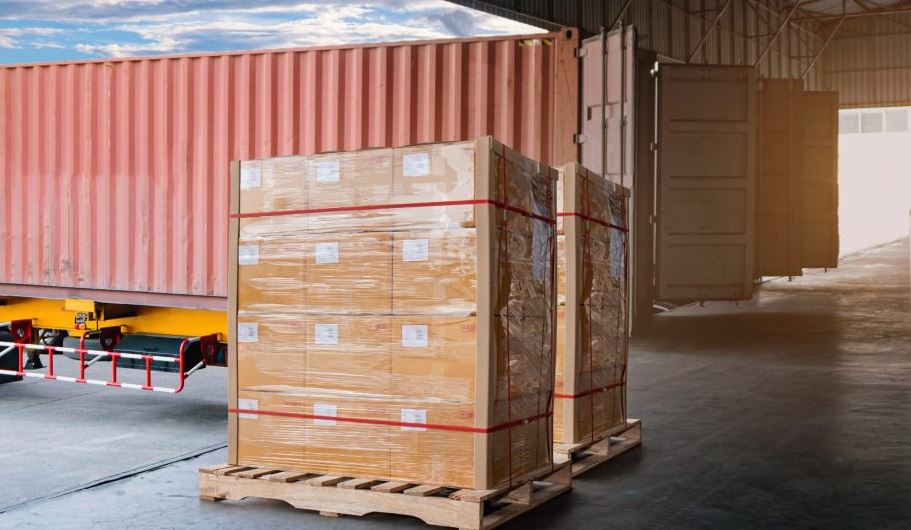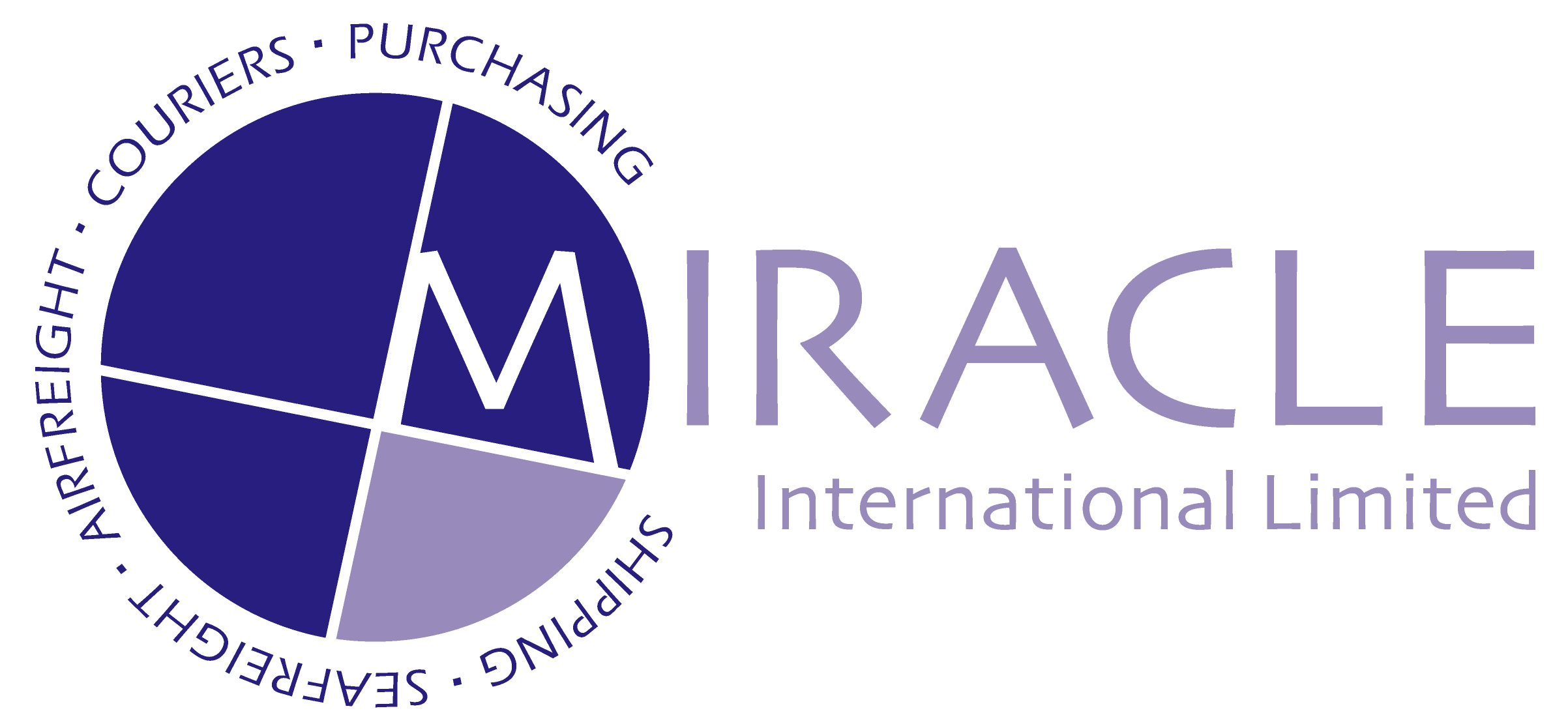
12 Nov LCL Shipping Our Guide: What You Need to Know
A Guide to LCL Shipping: What You Need to Know
When it comes to international shipping, businesses often face the challenge of balancing cost and efficiency, especially when their goods don’t fill an entire shipping container. This is where LCL (Less-than-Container Load) shipping comes in. But what exactly does LCL mean, and how can it benefit your business? Let’s break it down.
What is LCL Shipping?
LCL, or Less-than-Container Load, is a shipping method used when the volume of goods is too small to fill a full container. Instead of paying for an entire container, businesses can share space with other shipments heading to the same destination. This helps reduce the cost of international shipping for smaller shipments.
In essence, LCL is a more economical option for shippers who don’t have enough cargo to fill a 20-foot or 40-foot container, allowing them to pay only for the space they use.
How Does LCL Shipping Work?
LCL shipping involves several key steps. Let’s walk through them to give you a clearer understanding of the process.
- Consolidation
Your goods are collected and combined with other shipments from different shippers, usually by a freight forwarder or a consolidator. These shipments are then packed into a single container, with each business paying only for the portion of the container their goods occupy. - Export and Ocean Freight
After consolidation, the container is shipped from the port of origin to the destination port. The ocean freight cost is typically divided among all the shippers involved, based on the volume or weight of their cargo. - Customs Clearance
Upon arrival at the destination port, all goods must go through customs clearance. Each shipment is individually cleared based on its documentation and compliance with local regulations. - Deconsolidation and Delivery
After clearing customs, the container is opened, and each shipment is separated. Your goods are then delivered to the final destination, either to your warehouse or directly to the customer, depending on the agreement.
Key Advantages of LCL Shipping
- Cost-Effective for Smaller Shipments
LCL is a great option for businesses that don’t have enough goods to fill an entire container. Since you only pay for the space you use, it offers substantial cost savings compared to booking an entire container. - Flexibility
LCL shipping provides flexibility when dealing with smaller orders or shipments that aren’t time-sensitive. You won’t need to wait for a full container to be ready, as cargo can be consolidated and shipped as soon as space is available. - Access to Global Markets
With LCL, smaller businesses that may not have the volume to warrant full container shipping can still access international markets and grow their operations abroad. - Lower Risk of Damages
Though LCL shipments involve shared space, they are generally handled with care. Goods are often packed and secured in the container using special materials to minimize movement and risk of damage.
Disadvantages of LCL Shipping
- Longer Transit Times
One of the key trade-offs with LCL shipping is that it can take longer to reach its destination compared to Full Container Load (FCL) shipments. This is because the container first needs to be filled with enough cargo, and the consolidated container may make multiple stops along the way. - Potential for Higher Costs with Increased Volume
While LCL is ideal for small shipments, the cost per cubic meter can increase as the volume of goods increases. If your shipment grows in size, it might be more cost-effective to switch to FCL shipping. - Risk of Cargo Damage
As multiple shipments are packed into the same container, there is a small risk of goods getting damaged if they are not properly packed. Make sure you work with an experienced consolidator to reduce this risk.
When Should You Use LCL Shipping?
LCL shipping is perfect for businesses that have smaller, non-urgent shipments and are looking to save on freight costs. If you’re not sending a full container load but still want to ship goods internationally, LCL is a great option. Whether you’re a small business owner, an eCommerce store, or a startup looking to expand your global reach, LCL shipping can help you scale efficiently.
If you have a growing business, it’s also important to regularly evaluate your shipping needs. As your order volumes increase, you may eventually find that full-container shipping (FCL) becomes a more cost-effective option.
How to Calculate LCL Shipping Costs
LCL shipping rates are typically based on either the volume (measured in cubic meters) or weight (measured in kilograms) of your goods. The carrier will choose the greater of the two, so it’s important to get accurate measurements of both the volume and weight of your cargo.
Additionally, there may be other fees involved in the process, such as handling charges, documentation fees, and port fees, so it’s important to get a comprehensive quote from your freight forwarder before you ship.
Key Tips for Successful LCL Shipping
- Choose a Reliable Freight Forwarder: Since LCL involves consolidating shipments, it’s essential to work with a reputable freight forwarder or consolidator who understands the intricacies of the process and can ensure that your goods are handled with care.
- Proper Packaging: Proper packaging is critical to avoid damage to your goods during transit, especially since your items will be sharing space with others in the container.
- Plan for Longer Transit Times: Be mindful of the potential delays associated with LCL shipping, particularly if your goods are part of a consolidation process that may include multiple stops.
- Consider Insurance: Even though LCL shipments are generally well-secured, consider insuring your goods in case of unexpected damage or loss during transit.
In Conclusion
LCL shipping is a great option for businesses looking to ship smaller quantities of goods without the need for an entire shipping container. It’s cost-effective, flexible, and opens the door to international markets, making it a popular choice for small and medium-sized businesses.
However, it’s important to weigh the advantages and disadvantages to determine if it’s the right choice for your needs. By understanding the ins and outs of LCL shipping, you can make more informed decisions that will save you money and streamline your logistics operations.
